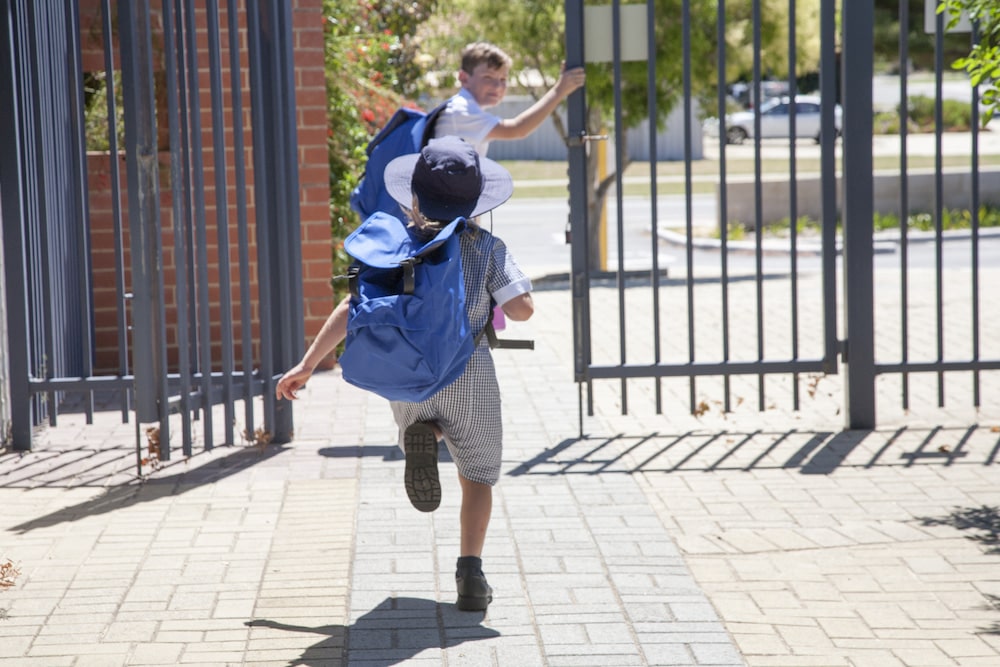Underfunded public schools and overfunded private schools are “a national disgrace”, say the Greens; they want to reduce government support for private schools to increase funding for public education. But Zed Seselja, Liberal Senator for the ACT, believes the Greens are “out of touch” with ordinary Australians.
Private school funding increased nearly five times as much as public school funding, according to figures Save Our Schools released this month, based on the 2022 Report on Government Services.
Government funding of private schools had increased by $3,338 per student between 2009–10 and 2019–20, compared to $703 per student for public schools, Save Our Schools stated. Or: funding per private school students had increased by 34 per cent, but only by 5 per cent for public school students.
Commonwealth funding for private schools had increased by $3,001 per student, but only by $1,181 for public school students. The situation was even worse in the states: private school funding had increased by $337 per student, but public-school funding had been cut by $478.
“The systematic underfunding of our public schools and corresponding overfunding of private schools is a national disgrace,” said Dr Mehreen Faruqi, Greens Senator for NSW.
The Greens estimate that without investment in public education, 99 per cent of schools will not have the minimum funding they need to educate their students by next year; already, 83 per cent of public school teachers use their own money to buy essential school supplies.
The Greens have pledged to invest $32 billion in public schools over the next decade, and increase Commonwealth funding for schools by 25 per cent.
To do so, they will abolish the Liberals’ $1.2 billion “Choice and Affordability” Fund for non-government schools, which they claim is a “slush” fund, and “end the special deals that are keeping private schools overfunded for most of this decade”. These, Dr Faruqi said, “have only worsened decades of systemic favouritism”.
The Fund Guidelines state the Fund “facilitates parental choice and opportunity, giving parents the ability to choose an affordable school that will best suit their individual child”. It is intended to support schools and students impacted by special circumstances, or in priority areas such as rural, regional, and remote locations, and areas affected by drought or other natural disasters; to help underperforming schools improve outcomes; and to support educationally disadvantaged schools and students.
But, Senator Faruqi said in Senate estimates, it was “grossly unfair and actually quite obscene” that the $1.2 billion “Choice and Affordability” Fund was given to private schools on top of JobKeeper payments, and that private schools received five times the funding of public schools – “when we know that 99 per cent of public schools are still underfunded, and will remain underfunded over the next decade, and almost all private schools are overfunded”.
“Public schools are trying their best to navigate the impacts of Covid, inadequate and crumbling infrastructure, and provide suitable educational resourcing for students, all while enrolments tick up and funding remains stubbornly low,” Dr Faruqi later commented.
Under the Quality Schools Package, the Australian Government committed to grow funding for schools from $18.7 billion in 2018 to $32.7 billion in 2029. Dr Michele Bruniges, secretary of the Department of Education, Skills and Employment, replied that under this Package, funding was growing fastest for government schools (4.6 per cent per student between 2018 and 2029; non-government school funding would grow by 3.6 per cent per student). Government funding to government schools would increase from 17.5 per cent of the school resourcing standard in 2018 to at least 20 per cent, and non-government schools funding would increase at a minimum of 80 per cent of the SRS by 2023.
Senator Seselja said Senator Faruqi’s “disgraceful aspersions fly in the face of hard-working Canberra families who make sacrifices to do what they think is best for their child”.
“It is simply shameful for anyone to disparage parents who sacrifice and save in order to send their children to non-government schools,” Senator Seselja said.
“The Greens continue to characterise these parents as elite, when most are hard-working families who make sacrifices to do what they think is best for their child.
“These families deserve support, yet the Greens education policy platform going into this election is to slash support for Canberra families.
“Senator Faruqi yesterday reminded us all of the contempt the Greens hold for non-government education.
“Their policy platform includes pushing for yearly public funding to non-government schools to be scaled down and looks to slash the successful Capital Grants Program for non-government schools, which supports school communities [to] improve infrastructure if they do not have enough capital resources to do so.
“Should we see a Labor-Greens Government after the next election, there’s no doubt Canberra families will be worse off.”
Dr Tjanara Goreng Goreng, ACT Greens candidate for the Senate, said that if Senator Seselja saw nothing wrong with Save Our Schools’ revelation that private school funding had increased five times the amount of public school funding, he was “widely out of touch with the ACT community”.
“Public schools are underfunded and desperate for resources,” Dr Goreng Goreng said. “This means out-of-pocket costs are being hiked up, and parents are forced to pay sometimes thousands of dollars of ‘voluntary fees’.
“In balance of power after the next election, Greens will push for free education for all Australians. That means childcare, university, and TAFE, as well as delivering a needs-based funding system for our schooling system.”



